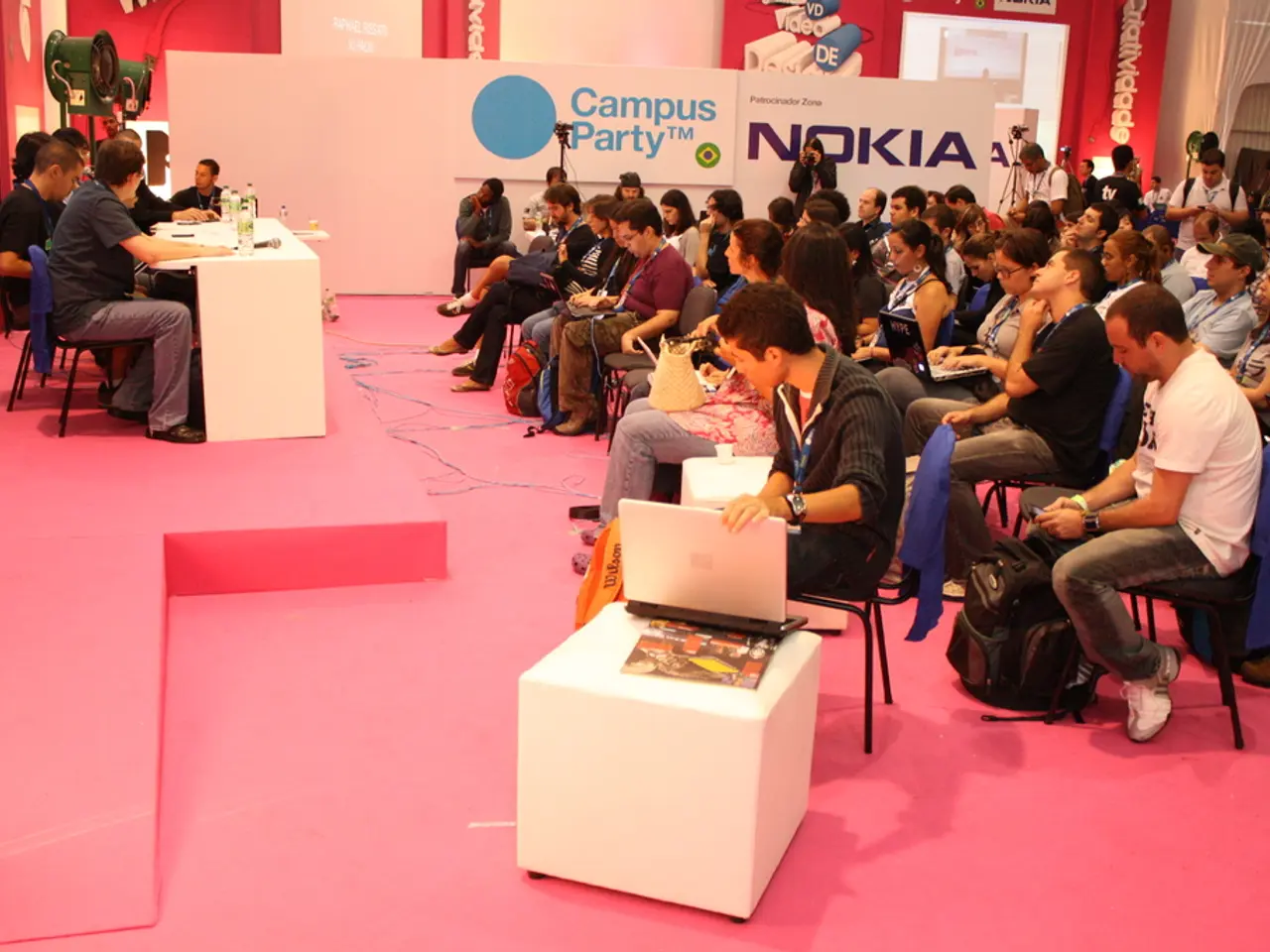Collective Leadership Strategy for Climate Change Discussions
Christiana Figueres: The Architect of the Paris Climate Agreement
Christiana Figueres, a former Executive Secretary of the UN Framework Convention on Climate Change (UNFCCC), played a pivotal role in the negotiation of the Paris Agreement. Her approach to collective leadership and momentum-building was instrumental in bringing together diverse stakeholders and delivering the historic agreement in 2015.
Figueres' strategy hinged on inclusive, collaborative diplomacy. She united national and subnational governments, corporations, activists, financial institutions, faith communities, think tanks, NGOs, and parliamentarians to jointly create a legally binding global agreement that seemed impossible just a few years prior[1].
Building Broad Coalitions
Figueres orchestrated collaboration across multiple sectors and governance levels, recognizing that effective climate action required input and commitment not only from nations but also from cities, businesses, investors, and civil society[1]. This approach ensured a comprehensive and sustainable solution to the climate crisis.
Creating a New Kind of Diplomacy
Figueres fostered a "new brand" of diplomacy emphasizing partnership and collective ownership instead of traditional state-centric negotiations[1]. This shift in approach allowed for a more inclusive and cooperative negotiation process, fostering trust and ambition among the parties involved.
Sustained Momentum Over Years
Rather than aiming for a single summit victory, Figueres directed successive Conferences of the Parties (Cancun 2010, Durban 2011, Doha 2012, Warsaw 2013, Lima 2014) as stepping stones building trust, ambition, and consensus culminating in Paris 2015[1]. This iterative process allowed for a gradual build-up of momentum, ensuring the success of the Paris Agreement.
Focusing on Hope and Positive Vision
Figueres emphasized rediscovering hope and motivation, framing the climate challenge as one solvable through conscious leadership and collective effort[4][5]. This positive outlook helped to maintain morale and commitment among the parties involved, essential for the success of the negotiation process.
Engagement at Multiple Scales
Subnational leadership (regions, states, cities) was anticipated and supported as essential drivers of ambition and implementation, creating a wave of momentum parallel to national commitments[2]. This multi-level approach ensured that the agreement was grounded in practical, on-the-ground action.
This holistic, inclusive, and iterative process broke through the deadlock of previous negotiations (notably the failed Copenhagen talks in 2009) and delivered the historic Paris Agreement by anchoring it in collaborative leadership and shared responsibility across actors[1].
The TNRC: A Resource for Negotiation Education
The TNRC, a leading resource for negotiation education, offers more than 30 videos for negotiation education, over 250 negotiation exercises and role-play simulations, and a simulation for negotiating an international business acquisition online[6][7]. The TNRC's materials are designed to introduce students to key concepts in negotiation and conflict management and are used in college and corporate training settings[8].
The TNRC has published over 100-plus books on negotiation and offers effective teaching materials for negotiation, including case studies and teaching videos[9]. The materials are also used by mediators, facilitators, and individuals seeking to enhance negotiation skills[10].
On April 14, 2022, Christiana Figueres received the Program on Negotiation's Great Negotiator Award as part of a public interview[11]. This recognition highlights Figueres' significant contributions to the field of negotiation and her role in shaping the future of climate diplomacy.
[1] Figueres, C., & Hepburn, C. (2019). The Future We Choose: Surviving the Climate Crisis. Penguin Books. [2] UNEP (2015). The Paris Agreement: A Turning Point for Global Climate Cooperation. United Nations Environment Programme. [3] Figueres, C. (2017). Mission 2020: A Race Against Time to Tackle Climate Change. Mission 2020. [4] Figueres, C. (2019). Time for Optimism: How to Achieve a Carbon Neutral World by 2050. World Resources Institute. [5] Figueres, C. (2020). The Future We Choose: The Courageous World Our Children Deserve and How We Can Get There. Penguin Books. [6] TNRC (n.d.). Negotiation Education. The Negotiation and Conflict Management Group at Harvard Law School. [7] TNRC (n.d.). Negotiation Exercises and Role-Play Simulations. The Negotiation and Conflict Management Group at Harvard Law School. [8] TNRC (n.d.). Teaching Materials. The Negotiation and Conflict Management Group at Harvard Law School. [9] TNRC (n.d.). Books. The Negotiation and Conflict Management Group at Harvard Law School. [10] TNRC (n.d.). Mediation and Facilitation. The Negotiation and Conflict Management Group at Harvard Law School. [11] Program on Negotiation (2022). Great Negotiator Award. Program on Negotiation at Harvard Law School.
- The Paris Climate Agreement's success is partly attributed to Christiana Figueres' leadership in business, negotiation, and policy-and-legislation sectors.
- Figueres' strategy for the agreement involved building broad coalitions across various sectors and governance levels, including national governments, corporations, activists, and civil society.
- Training and education played a vital role in Figueres' approach, as she emphasized the importance of negotiation skills and conflict management in fostering collective leadership and cooperation.
- Dispute resolution was a critical component of Figueres' approach, as she fostered a "new brand" of diplomacy that prioritized partnership and collective ownership.
- Education and science were instrumental in Figueres' mission, as she framed the climate challenge as solvable through conscious leadership and collective effort.
- Figueres' efforts in climate-change and environmental-science negotiations have been recognized, earning her the Program on Negotiation's Great Negotiator Award in 2022.
- The TNRC, a leading resource for negotiation education, offers a variety of teaching materials designed to introduce students to key concepts in negotiation and conflict management.
- The materials from the TNRC are not only used in college and corporate training settings but are also utilized by mediators, facilitators, and individuals seeking to enhance negotiation skills in the context of climate policy and beyond.




